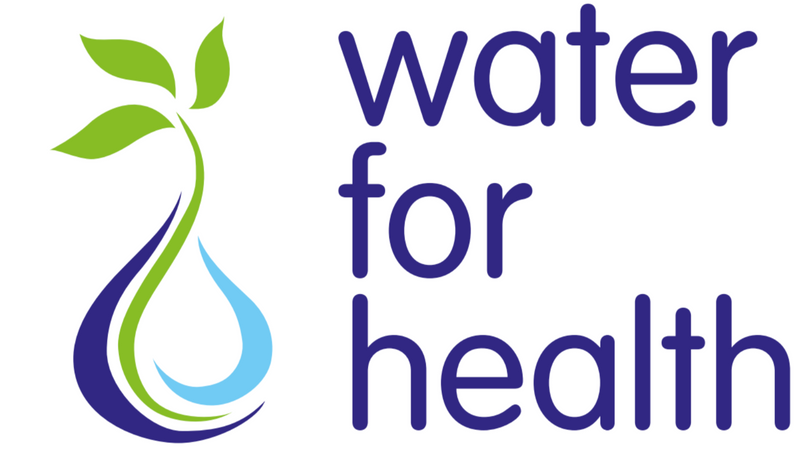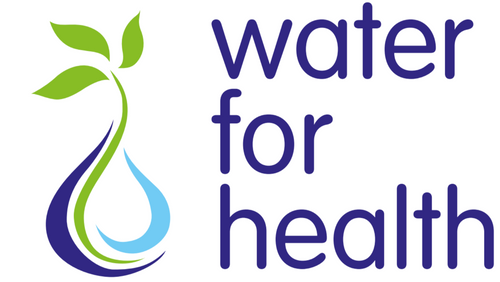In the quest for longevity, we often focus on diet, exercise, and genes. Yet, nestled within history is a curious phenomenon that has intrigued health researchers and wellness enthusiasts alike—the Roseto Effect. This fascinating story from a small town in Pennsylvania, USA, reveals something remarkable about how we live and thrive. But what exactly is the Roseto Effect, and could it really be the missing puzzle piece to a long and healthy life?
Understanding the Roseto Effect
The Roseto Effect refers to the extraordinary health and longevity observed in the residents of Roseto, a close-knit Italian-American community in the mid-20th century. Unlike surrounding towns, Roseto's population experienced significantly lower rates of heart disease, despite having similar lifestyle factors like smoking and diet. This anomaly caught the attention of researchers, sparking a study that revealed the powerful impact of social bonds and community living on health.
This effect has since become a beacon for those exploring non-genetic determinants of health, emphasising the crucial role of social interaction and community cohesion. While modern medicine continues to search for biological explanations for longevity, the Roseto Effect offers a compelling reminder of the importance of the emotional and social dimensions of health.
The Original Roseto Study
The original study of Roseto began in the 1960s (1), led by Dr. Stewart Wolf and Dr. John G. Bruhn. They discovered that the town's residents exhibited heart disease rates nearly half that of neighbouring communities. What made this finding even more intriguing was that Roseto's inhabitants shared similar risk factors with less healthy populations. Diets rich in saturated fats, high smoking rates, and minimal exercise were common.
Researchers attributed the town's exceptional health outcomes to social structures and cultural practices. Multigenerational households, frequent social gatherings, and a strong sense of community solidarity were commonplace. These elements fostered a supportive environment that seemed to shield individuals from stress-related ailments and promote overall well-being.
The Roseto study not only challenged conventional health paradigms but also underscored the necessity of considering social determinants in health research. It serves as a testament to the profound influence community dynamics can have on physical health.
Community and Social Ties in Health

Social connections are paramount for human survival, embedded deeply within our evolutionary history. Our ancestors thrived in groups, where cooperation and social bonds enhanced survival and well-being. The Roseto Effect reiterates this age-old wisdom, highlighting how close-knit communities can act as buffers against modern stressors.
Literature abounds with evidence linking strong social ties to improved health outcomes. A study published in PLoS Medicine found that individuals with robust social relationships had a 50% increased likelihood of survival compared to those with weaker connections (2). This supports the idea that community and social engagement not only enhance quality of life but may also extend lifespan.
The Roseto Effect invites us to reflect on how fostering a sense of belonging and mutual support can profoundly impact our health. In an era marked by digital communication and individualism, these findings hold even greater significance, offering insights into combating the rising tide of loneliness and its associated health risks.
Implications for Modern Society
In today's fast-paced world, where technology often replaces face-to-face interactions, the Roseto Effect presents a relevant lesson on the importance of community. The mental health crisis, exacerbated by social isolation, demands innovative approaches that integrate community building into public health strategies.
Community-driven initiatives, such as cooperative housing, community gardens, and local events, can recreate the social structures that once protected the residents of Roseto. By prioritising social capital, modern society can harness the potential benefits of the Roseto Effect, promoting health and longevity across diverse populations.
Governments and policymakers are starting to recognise the value of community-based interventions. The UK's recent launch of the Loneliness Strategy (3) exemplifies efforts to combat social isolation and enhance community connection, acknowledging the profound impact these factors have on public health.
Recent Research on Longevity and Community
Contemporary research continues to explore the relationship between social connection and longevity. A study published in the journal Health Psychology found that social integration significantly reduced mortality risk (4), even when controlling for traditional risk factors like age, sex, and health behaviours. These findings reinforce the pivotal role of the community in promoting long-term health.
Additionally, the Blue Zones project (5), which examines regions with high concentrations of centenarians, consistently highlights the importance of social networks and community involvement. From Okinawa, Japan, where "moai" groups provide lifelong support networks, to Sardinia, Italy, where extended families play a central role, these examples illustrate how social cohesion contributes to exceptional longevity.
Such insights align with the principles observed in Roseto, suggesting that community-driven approaches could unlock new pathways to enhancing health span and lifespan. By fostering environments that encourage social interaction, we can build healthier, more resilient societies.
Practical Applications for Better Health
Incorporating the principles of the Roseto Effect into our lives doesn't require monumental changes. Simple steps can make a significant difference in strengthening social connections and enhancing well-being.
- Nurture Relationships: Invest time in building and maintaining meaningful relationships with family, friends, and neighbours. Regular face-to-face interactions, even casual ones, can foster a sense of belonging.
- Participate in Community Activities: Engage in local events, clubs, or volunteer opportunities. These activities not only expand social networks but also provide a sense of purpose and fulfilment.
- Create Supportive Environments: Foster an atmosphere where open communication and mutual support are encouraged. Whether at home or work, creating spaces that prioritise empathy and understanding can enhance mental and physical health.
By integrating these practices into our daily routines, we can emulate the protective effects observed in Roseto and contribute to a healthier, more connected world.
The Roseto Effect: Moving Beyond Lifestyle & Genetics
The Roseto Effect serves as a powerful reminder that our health is not solely determined by genetics or lifestyle choices. The strength of our social connections and community ties plays a vital role in shaping our well-being and longevity.
For health enthusiasts, research scholars, and the wellness community, the Roseto Effect offers valuable insights into the multifaceted nature of health. By prioritising community and social engagement, we can harness the potential of this phenomenon to create healthier, happier lives.
In a world where isolation and disconnection are prevalent, the lessons of Roseto are more relevant than ever. By applying these principles in our own lives, we can unlock the potential for improved health and longevity, paving the way for a brighter, more connected future.
Written by Amy Morris, BSc (Hons) Nutritional Therapy. Amy has been a nutritional therapist for 12 years, specialising in recent years as a functional medicine nutritional therapist. Women’s health, and pre-diabetes and type 2 diabetes prevention are Amy’s specialist areas. Diagnosed with a chronic condition called endometriosis at age 20, this is what motivated Amy to study nutrition. Amy has been in remission for 6 years now, attributing powerful nutrition, lifestyle and bio-identical hormone strategies she now shares with her clients.
Water for Health Ltd began trading in 2007 with the goal of positively affecting the lives of many. We still retain that mission because we believe that proper hydration and nutrition can make a massive difference to people’s health and quality of life. Click here to find out more.
References
- “Blue Zones Project® New.” Blue Zones, www.bluezones.com/services/blue-zones-project/.
- Blumstein, Daniel T., et al. “Strong Social Relationships Are Associated with Decreased Longevity in a Facultatively Social Mammal.” Proceedings of the Royal Society B: Biological Sciences, vol. 285, no. 1871, 17 Jan. 2018, p. 20171934, https://doi.org/10.1098/rspb.2017.1934.
- Egolf, B, et al. “The Roseto Effect: A 50-Year Comparison of Mortality Rates.” American Journal of Public Health, vol. 82, no. 8, 1 Aug. 1992, pp. 1089–1092, www.ncbi.nlm.nih.gov/pmc/articles/PMC1695733/.
- Prime Minister's Office, 10 Downing Street. “PM Launches Government’s First Loneliness Strategy.” GOV.UK, 14 Oct. 2018, www.gov.uk/government/news/pm-launches-governments-first-loneliness-strategy.
- Umberson, Debra, and Jennifer Karas Montez. “Social Relationships and Health: A Flashpoint for Health Policy.” Journal of Health and Social Behavior, vol. 51, no. 1, 4 Aug. 2010, pp. 54–66, www.ncbi.nlm.nih.gov/pmc/articles/PMC3150158/, https://doi.org/10.1177/0022146510383501.
























